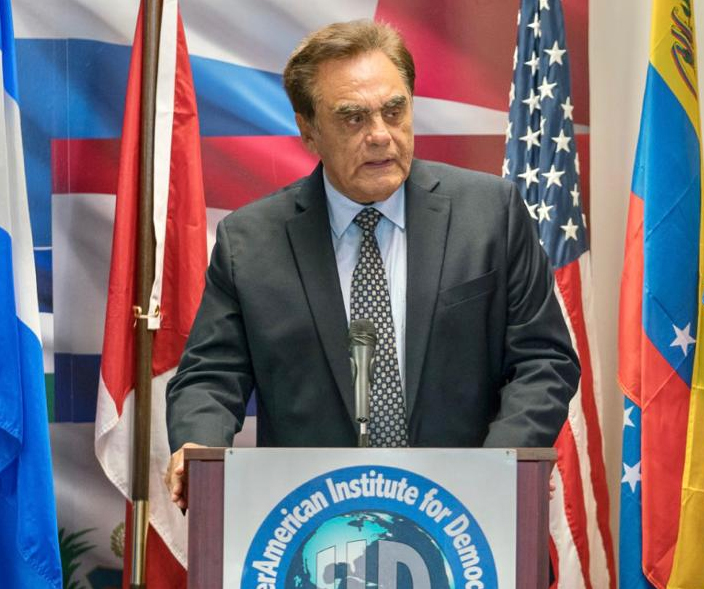Haiti, occupied by criminal gangs

By: Luis Gonzales Posada - 22/03/2024
Share:
It is not possible for the governments of the hemisphere to maintain absolute indifference to the dramatic situation in Haiti, where criminal gangs who have escaped from prison assault, kidnap and murder with impunity.
What happens on that small Caribbean island of 27 thousand square kilometers and eleven million inhabitants concentrates all the sufferings and tragedies that we can imagine.
The most recent occurred in 2010, when a large earthquake killed 300,000 Haitians, injured 200,000, and caused the displacement of 1,500,000 inhabitants.
In 2021, another earthquake occurred that destroyed 136 thousand homes, killing 2,249 people and injuring 12 thousand, a catastrophe to which we must add the cyclical occurrence of storms, cyclones and hurricanes.
That year a new tragedy occurred, this time of a political nature, when 23 Colombian hitmen – all retired soldiers – shot dead the President of the Republic, Juvenal Moise, in his own residence; criminals hired by the company CTU Security based in Doral Beach, Miami, United States, where several of the murderers came from.
In March the calamities continued when 3,700 highly dangerous criminals who today control part of the country escaped from the most populated prison in Port-au-Prince.
However, neither the United Nations has sent a contingent of Blue Helmets to protect the population from gang members nor has the OAS bothered to call an emergency meeting of the Permanent Council to promote joint action with the purpose of transferring humanitarian aid from food and medicine to that devastated area, to manage lines of credit with zero interest to global financial organizations (IDB, IMF, World Bank or CAF) or money from international cooperation in support of a very poor nation that is in the last place in per capita income in the hemisphere, with 1,748 dollars.
Let us remember that Haiti was the first black republic in the world and the first country to obtain its independence, in 1804. Before, in 1795, Spain ceded its territory to France, which established a strict slave system at the same time that it sold many settlers abroad. , provoking popular rebellions.
Given this, Napoleon sent 55 thousand soldiers to the island, but 45 thousand died from diseases or were defeated in the battle of Vertieres by the army of General Jean Dessalines, who, after the fighting, executed three thousand Frenchmen.
King Charles V recognized independence in exchange for a multimillion-dollar compensation, ten times higher than the island's annual income, which was completed in 1947. The claim was for the sugar estate properties that they lost in the revolutionary feat.
The history of Haiti is nourished by other serious events. One of these was that North American troops occupied its territory for 19 years, from 1915 to 1934. Then, in 1937, the Dominican dictator Rafael Leónidas Trujillo ordered the murder of 15 thousand Haitians who had crossed the border and endured three decades of tyranny of François and Jean Claude Duvalier, father and son, who governed supported by gangs of murderers – the Tonton Macautes – and stole more than 500 million dollars deposited in Swiss and American banks.
We Americans, therefore, owe a humanitarian debt to Haiti. However, we have done little or nothing to help a brother people on the continent. Thus, the terms unity and integration are empty words that are uttered in official ceremonies or diplomatic events while we impassively observe the destruction of a State.
Not even the Caribbean Community (CARICOM), made up of thirteen nations, cares to help one of its members.
For their part, the social democratic political groups
or social Christians, who raise the flags of libertarian humanitarianism, are concerned with fighting to help Haiti move towards democracy and development.
«The opinions published herein are the sole responsibility of its author».